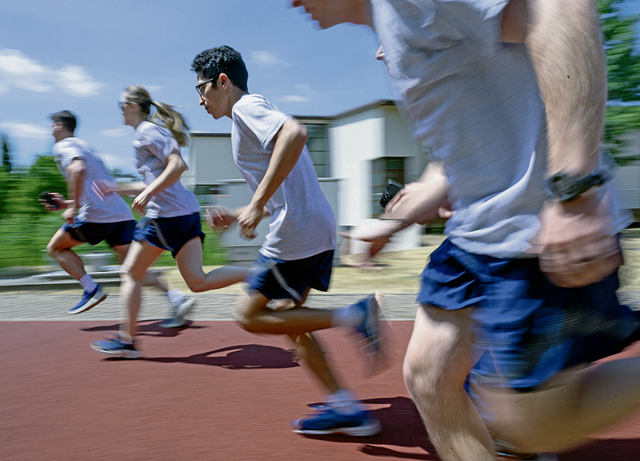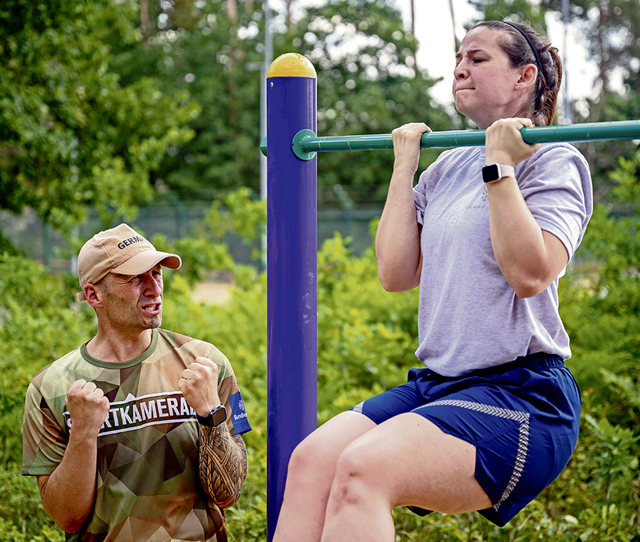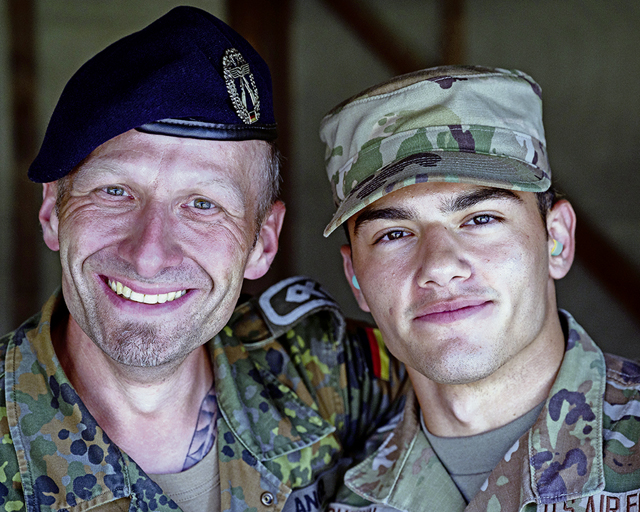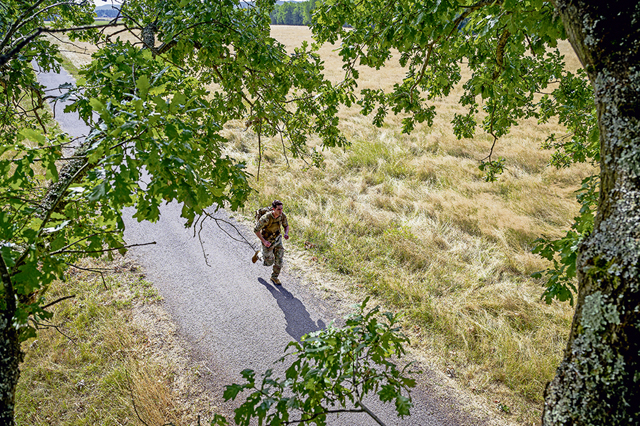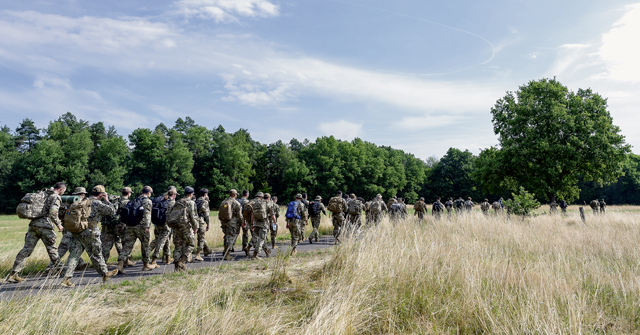
U.S. military personnel from the Kaiserslautern Military Community were given the opportunity to earn the German Armed Forces Proficiency Badge at Ramstein Air Base and Breitenwald Training Area, July 10-14.
The German military hosted the largest GAFPB event in Germany, where more than 180 participants took a shot at receiving the badge and participated in a series of eight events testing the participants’ endurance, strength, accuracy and ability to adapt.
“Events like these are the building blocks of building camaraderie at the Airmen and Soldier’s level,” said U.S. Air Force Senior Master Sgt. Cole Waterbury, 4th Air Support Operations Group operations superintendent. “The Airmen and Soldiers come out of this event with a new outlook on foreign militaries and stories they will cherish forever.”

Military personnel underwent Combat Lifesaver Training; donned chemical, biological, radiological and nuclear defense gear; participated in a basic fitness test; fired an M18 pistol for a marksmanship event; and a 100 meters swim in uniform and more throughout the multi-day event.
The participants also rucked 12 kilometers (7 miles) on a hiking trail carrying rucksacks equipped with 15 kilograms (33 pounds) of water, kettlebells, clothing and other miscellaneous items. Covered in sweat and exhausted, the participants finished the last laps around the track and officially completed all components of the GAFPB.
“This is an amazing opportunity for American military members to get a taste of German military culture and tradition,” said German air force Senior Master Sgt. Benjamin Angel, NATO Allied Air Command training noncommissioned officer. “The GAFPB is a way Americans and Germans can learn about each other’s military culture and become more culturally aware.”
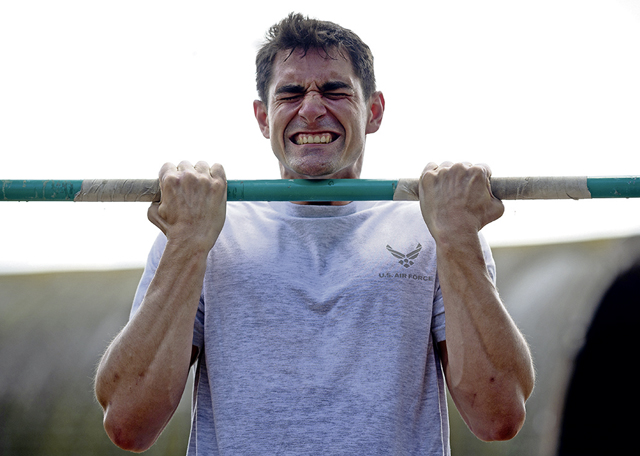
The GAFPB traces its origins back to the 19th century when military proficiency badges were first introduced in Prussia. Over time, these badges became a symbol of skill, discipline and professionalism within the German military. The German armed forces opened up the opportunity for foreign military personnel across the world to earn the GAFPB, fostering intercultural exchange and cooperation.
“Regardless of what badge these Airmen come out with, they are going to gain experience and build camaraderie between themselves and our German counterparts,” said Waterbury. “We might have different uniforms and flags, but at the end of the day we are all human.”
The week culminated with a ceremony and German breakfast to celebrate the service members who had successfully earned the GAFPB with 22 bronze, 72 silver or 48 gold eagle badges.
